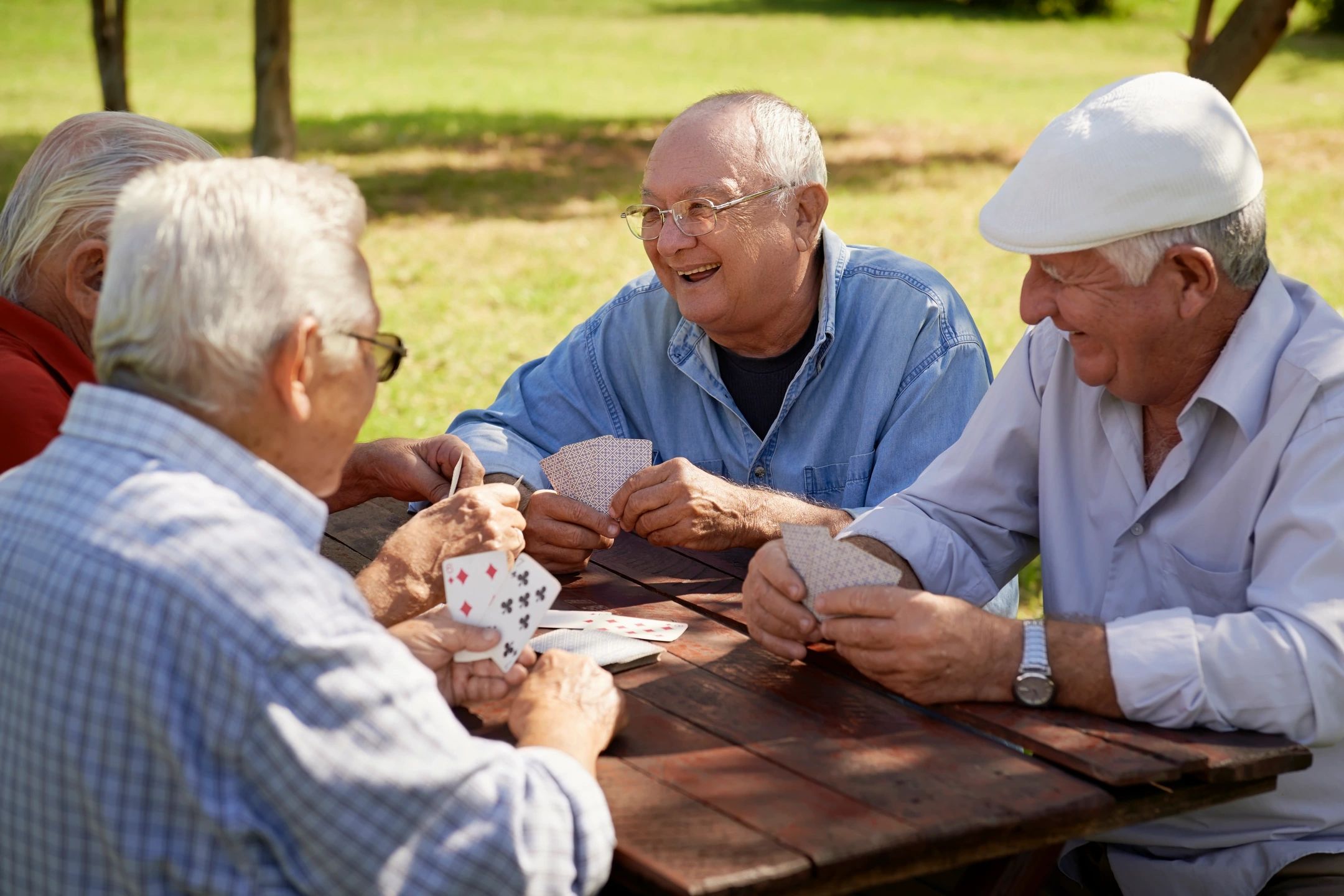Signs It's Time to Consider Home Care

Caring for an aging loved one is both rewarding and challenging. Knowing when they need extra support is crucial for their safety and well-being. Home care provides personalized assistance, allowing seniors to stay independent while receiving necessary help. Here are key signs that indicate it may be time for home care and steps to take next.
1. Physical & Health-Related Signs
Aging brings physical changes, but when they interfere with daily living, home care may be needed.
Signs Your Loved One May Need Home Care:
- Difficulty with mobility or frequent falls.
- Unexplained bruises or injuries.
- Worsening chronic conditions needing regular monitoring.
- Forgetting medications or missing doses.
- Poor hygiene or missed meals.
Did you know? Falls are the leading cause of injury-related deaths for adults 65+ (CDC). A caregiver can help prevent falls and ensure safety.
How Home Care Helps
Caregivers assist with daily tasks like bathing, dressing, and meal prep. They ensure medication adherence, mobility support, and companionship—giving families peace of mind.
2. Emotional & Mental Health Signs
Mental well-being is just as important as physical health. Isolation, cognitive decline, and mood changes may indicate a need for extra care.
Signs of Emotional or Cognitive Decline:
- Withdrawing from social activities and family.
- Mood swings, depression, or loss of interest in hobbies.
- Forgetfulness, confusion, or difficulty with routine tasks.
- Increased anxiety or agitation.
How Home Care Helps
Caregivers provide companionship and emotional support through conversation, social activities, and cognitive stimulation, improving mental health and happiness.
3. Impact on Family Caregivers
Providing care can be rewarding, but it also leads to stress and exhaustion.
Signs of Caregiver Burnout:
- Constant fatigue and overwhelm.
- Neglecting personal needs and hobbies.
- Feeling frustrated, guilty, or resentful.
- Struggling to manage increasing care needs.
Home care isn’t stepping away—it’s ensuring your loved one gets the best care while you recharge.
How Home Care Helps
Home care offers respite services, allowing family caregivers to rest while professionals handle daily care and medical reminders. This reduces stress and improves the caregiver’s quality of life.
4. When to Make the Decision
Early intervention prevents emergencies and ensures a smooth transition.
Steps to Take:
- Have an open conversation with your loved one about their needs.
- Consult a doctor for a professional assessment.
- Observe daily struggles with hygiene, cooking, or mobility.
- Research home care providers that match their needs and personality.
Tip: Choose a provider with customized care plans for the best support.
5. Take the First Step Toward Better Care
At Ohio Home Cares, we believe every senior deserves compassionate, personalized support. Our professional caregivers provide assistance, companionship, and peace of mind for families.
Call (888) 706-8155 for a free consultation. Visit Ohio Home Cares to learn more about our services. Don’t wait until it becomes overwhelming—get support today!
Why Companionship Matters: How Social Interaction Helps Seniors Thrive
Why Companionship Matters: How Social Interaction Helps Seniors Thrive Aging brings...
Cold Weather, Warm Care: Helping Seniors Cope with Seasonal Depression
Cold Weather, Warm Care: Helping Seniors Cope with Seasonal Depression As...
Signs It’s Time to Consider Home Care
Signs It's Time To Consider Home Care Caring for an aging...



